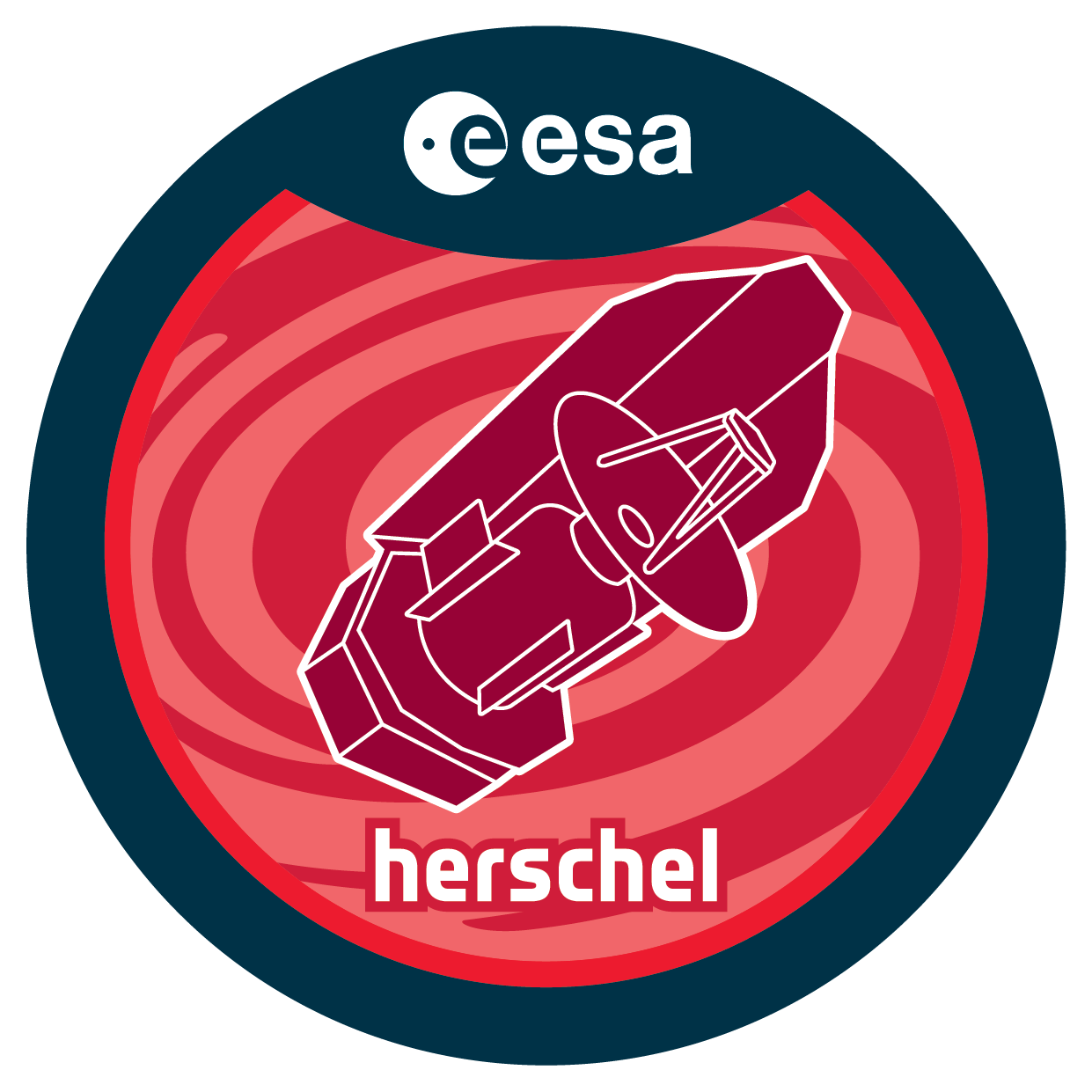

| Name | OT2_dmarrone_2 |
| Title | Far Infrared Spectroscopy in a High Redshift Galaxy Sample |
| URL | http://archives.esac.esa.int/hsa/whsa-tap-server/data?retrieval_type=OBSERVATION&observation_id=1342270685&instrument_name=SPIRE&product_level=LEVEL0&compress=true |
| DOI | https://doi.org/10.5270/esa-995zp8s |
| Author | marrone, d. |
| Description | Imaging surveys have identified and counted a major population of very bright, massive, dusty galaxies at high redshifts. To understand the astrophysics of this population, i.e., how they generate their luminosities, requires Herschel spectroscopy of their strong diagnostic FIR fine-structure emission lines. The very large sky area surveyed by SPT provides a unique sample of such galaxies at z=2.5-6, i.e., viewed when the Universe was only 1-2 Gyrs old. They are especially bright, and therefore suitable for spectroscopy, because gravitational lensing has magnified them by 10-30 times.We propose a 2-pronged program of PACS and SPIRE spectroscopy to measure the full range of ISM ionizations, from OI, to OIII and in some cases OIV, in 17 dusty, young galaxies. The resulting line ratios will provide the first quantitative estimates of the emission from star formation, PDRs, and a possible AGN, independent of absorption. (In some galaxies, our proposed spectroscopy may be sensitive enough to detect OH lines in either absorption or emission). |
| Publication | |
| Instrument | PACS_PacsRangeSpec_point |
| Temporal Coverage | 2013-04-21T17:36:22Z/2013-04-28T11:02:42Z |
| Version | SPG v14.2.0 |
| Mission Description | Herschel was launched on 14 May 2009! It is the fourth cornerstone mission in the ESA science programme. With a 3.5 m Cassegrain telescope it is the largest space telescope ever launched. It is performing photometry and spectroscopy in approximately the 55-671 µm range, bridging the gap between earlier infrared space missions and groundbased facilities. |
| Creator Contact | https://support.cosmos.esa.int/h®erschel/ |
| Date Published | 2013-10-28T09:56:14Z |
| Last Update | 2025-01-24 |
| Keywords | Herschel, HSC, submillimetre, far-infrared, HIFI, PACS, SPIRE |
| Publisher And Registrant | European Space Agency |
| Credit Guidelines | European Space Agency, marrone et al., 2013, 'Far Infrared Spectroscopy in a High Redshift Galaxy Sample', SPG v14.2.0, European Space Agency, https://doi.org/10.5270/esa-995zp8s |